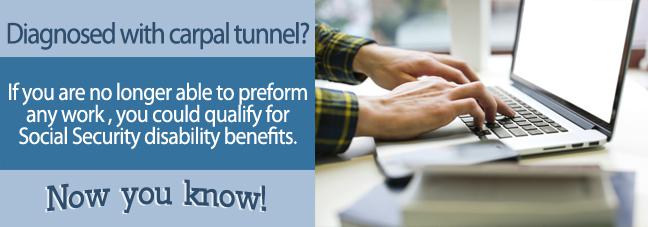It can be dispiriting to have an application for a disability benefit rejected by the SSA. In fact, two thirds of all such applications are denied at the first attempt.
You can have the decision reconsidered but if this is also rejected, the next step is to request an administrative law judge (ALJ) hearing.
Around half of all such hearings are successful.
You tend to be better prepared, especially if you have arranged for a disability attorney to help you go through the ALJ hearing process.
So, don’t give up after an initial SSD benefit application rejection as an ALJ request is a sensible step to take.
What to Expect From a Hearing
The ALJ haring is not quite like a court hearing. It is not open to the public.
The only people present will be you, your attorney, if you have one, the judge, an assistant who will record proceedings and maybe an expert witness or two who are there to ask or answer questions about your specific disability.
The first part of the hearing will involve the judge asking you questions about your condition, how and when it developed, how it stops you from working and any other questions about the evidence you first presented to the SSA or other evidence you have available that you didn’t have then.
Your attorney, if you have one, is allowed to speak for you and ask you relevant questions which may draw out information the attorney thinks will help your case.
If there are witnesses present, these may be questioned by the judge.
The judge will ask you if you have any more comments you wish to make before closing the hearing.
There won’t be an instant decision made. It could take up to 30 days, sometimes longer, before you find out if our claim will be accepted or not.
Tips for Success at an ALJ Hearing With Carpal Tunnel Syndrome
- Use a disability attorney to help you prepare for the hearing and be present at the hearing.
- The judge may not be happy if you are late and could just dismiss the case altogether. Avoid this by arriving early – half an hour before is sensible timing.
- Try and be as specific as possible about the symptoms of carpal tunnel syndrome you are experiencing.
- Be prepared to answer questions about how the disability imposes limitations on your ability to work and on your everyday life.
- Expect to be asked about any gaps in your medical history, how and when the condition first started and how it progressed or developed.
- Don’t make things up or exaggerate. Just be as honest as you can. If you can’t answer a particular question or don’t understand the question, say so.
- Your attorney can spend some time with you before the hearing in a question / answer session practicing the sorts of questions that you might be asked.

Having an Attprney on Your Side Helps
It is a good idea to get professional help in the form of a disability attorney to represent you at an ALJ hearing.
The attorney will make sure you are better prepared for the hearing, have some practice with you in advance answering potential questions about your carpal tunnel syndrome disability and speak on your behalf at the hearing.